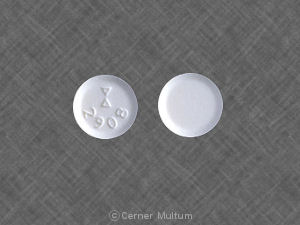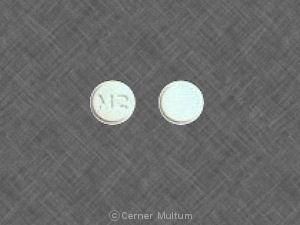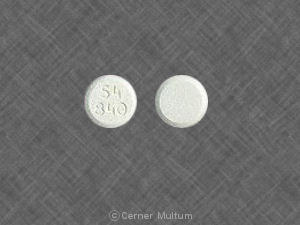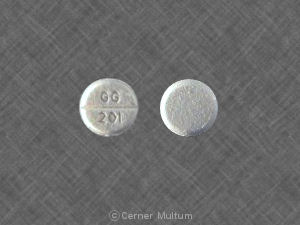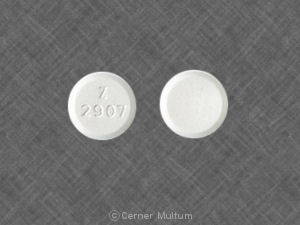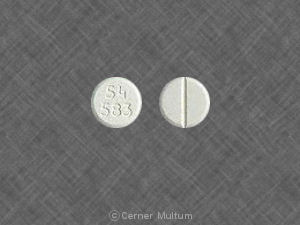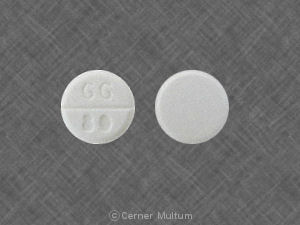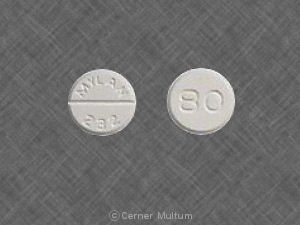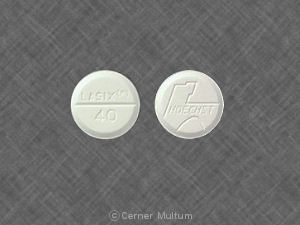What is the most important information I should know about furosemide?
You should not use this medicine if you are unable to urinate.
Do not take more than your recommended dose. High doses of furosemide may cause irreversible hearing loss.
What is furosemide?
Furosemide is a loop diuretic (water pill) that prevents your body from absorbing too much salt. This allows the salt to instead be passed in your urine.
Furosemide is used to treat fluid retention (edema) in people with congestive heart failure, liver disease, or a kidney disorder such as nephrotic syndrome.
Furosemide is also used to treat high blood pressure (hypertension).
Furosemide may also be used for purposes not listed in this medication guide.
What should I discuss with my healthcare provider before taking furosemide?
You should not use furosemide if you are allergic to it, or:
- if you are unable to urinate.
To make sure furosemide is safe for you, tell your doctor if you have:
- kidney disease;
- enlarged prostate, bladder obstruction, urination problems;
- cirrhosis or other liver disease;
- an electrolyte imbalance (such as low levels of potassium or magnesium in your blood);
- high cholesterol or triglycerides (a type of fat in the blood);
- gout;
- lupus;
- diabetes; or
- sulfa drug allergy.
Tell your doctor if you have an MRI (magnetic resonance imaging) or any type of scan using a radioactive dye that is injected into your veins. Both contrast dyes and furosemide can harm your kidneys.
It is not known whether this medicine will harm an unborn baby. Tell your doctor if you are pregnant or plan to become pregnant.
Furosemide can pass into breast milk and may harm a nursing baby. This medicine may also slow breast milk production. Tell your doctor if you are breast-feeding a baby.
How should I take furosemide?
Follow all directions on your prescription label. Your doctor may occasionally change your dose. Do not use this medicine in larger or smaller amounts or for longer than recommended.
Do not take more than your recommended dose. High doses of furosemide may cause irreversible hearing loss.
Measure liquid medicine with the dosing syringe provided, or with a special dose-measuring spoon or medicine cup. If you do not have a dose-measuring device, ask your pharmacist for one.
Furosemide will make you urinate more often and you may get dehydrated easily. Follow your doctor's instructions about using potassium supplements or getting enough salt and potassium in your diet.
While using furosemide, you may need frequent blood tests.
Keep using this medicine as directed, even if you feel well. High blood pressure often has no symptoms. You may need to use blood pressure medicine for the rest of your life.
If you need surgery, tell the surgeon ahead of time that you are using furosemide.
Store at room temperature away from moisture, heat, and light. Throw away any furosemide oral solution (liquid) 90 days after opening the bottle, even if it still contains unused medicine.
What happens if I miss a dose?
Furosemide is sometimes used only once, so you may not be on a dosing schedule. If you are using the medication regularly, take the missed dose as soon as you remember. Skip the missed dose if it is almost time for your next scheduled dose. Do not take extra medicine to make up the missed dose.
What happens if I overdose?
Seek emergency medical attention or call the Poison Help line at 1-800-222-1222.
Overdose symptoms may include feeling very thirsty or hot, heavy sweating, hot and dry skin, extreme weakness, or fainting.
What should I avoid while taking furosemide?
Avoid getting up too fast from a sitting or lying position, or you may feel dizzy. Get up slowly and steady yourself to prevent a fall.
Avoid becoming dehydrated. Follow your doctor's instructions about the type and amount of liquids you should drink while you are taking furosemide.
Drinking alcohol with this medicine can cause side effects.
What are the possible side effects of furosemide?
Get emergency medical help if you have signs of an allergic reaction (hives, difficult breathing, swelling in your face or throat) or a severe skin reaction (fever, sore throat, burning in your eyes, skin pain, red or purple skin rash that spreads and causes blistering and peeling).
Call your doctor at once if you have:
- ringing in your ears, hearing loss;
- easy bruising, unusual bleeding;
- sudden weakness or ill feeling, fever, chills;
- painful or difficult urination;
- numbness, tingling, or burning pain;
- a light-headed feeling, like you might pass out;
-
high blood sugar --increased thirst, increased urination, dry mouth, fruity breath odor;
-
signs of liver or pancreas problems --loss of appetite, upper stomach pain (that may spread to your back), nausea or vomiting, dark urine, jaundice (yellowing of the skin or eyes);
-
kidney problems --little or no urination, swelling in your feet or ankles, feeling tired or short of breath; or
-
signs of an electrolyte imbalance --dry mouth, increased thirst, mood changes, weakness, drowsiness, lack of energy, muscle pain, fast heartbeats, feeling restless, nausea, vomiting.
Common side effects may include:
- diarrhea, constipation;
- numbness or tingling;
- headache, dizziness; or
- blurred vision.
This is not a complete list of side effects and others may occur. Call your doctor for medical advice about side effects. You may report side effects to FDA at 1-800-FDA-1088.
What other drugs will affect furosemide?
Sometimes it is not safe to use certain medications at the same time. Some drugs can affect your blood levels of other drugs you take, which may increase side effects or make the medications less effective.
If you also take sucralfate, take your furosemide dose 2 hours before or 2 hours after you take sucralfate.
Tell your doctor about all your current medicines and any you start or stop using, especially:
- chloral hydrate;
- lithium;
- phenytoin;
- cancer medicine, such as cisplatin;
- heart or blood pressure medicine; or
- another diuretic, especially ethacrynic acid.
This list is not complete. Other drugs may interact with furosemide, including prescription and over-the-counter medicines, vitamins, and herbal products. Not all possible interactions are listed in this medication guide.
Where can I get more information?
Your pharmacist can provide more information about furosemide.
Remember, keep this and all other medicines out of the reach of children, never share your medicines with others, and use this medication only for the indication prescribed.
Every effort has been made to ensure that the information provided by Cerner Multum, Inc. ('Multum') is accurate, up-to-date, and complete, but no guarantee is made to that effect. Drug information contained herein may be time sensitive. Multum information has been compiled for use by healthcare practitioners and consumers in the United States and therefore Multum does not warrant that uses outside of the United States are appropriate, unless specifically indicated otherwise. Multum's drug information does not endorse drugs, diagnose patients or recommend therapy. Multum's drug information is an informational resource designed to assist licensed healthcare practitioners in caring for their patients and/or to serve consumers viewing this service as a supplement to, and not a substitute for, the expertise, skill, knowledge and judgment of healthcare practitioners. The absence of a warning for a given drug or drug combination in no way should be construed to indicate that the drug or drug combination is safe, effective or appropriate for any given patient. Multum does not assume any responsibility for any aspect of healthcare administered with the aid of information Multum provides. The information contained herein is not intended to cover all possible uses, directions, precautions, warnings, drug interactions, allergic reactions, or adverse effects. If you have questions about the drugs you are taking, check with your doctor, nurse or pharmacist.
Copyright 1996-2018 Cerner Multum, Inc. Version: 15.01. Revision date: 12/27/2017.

